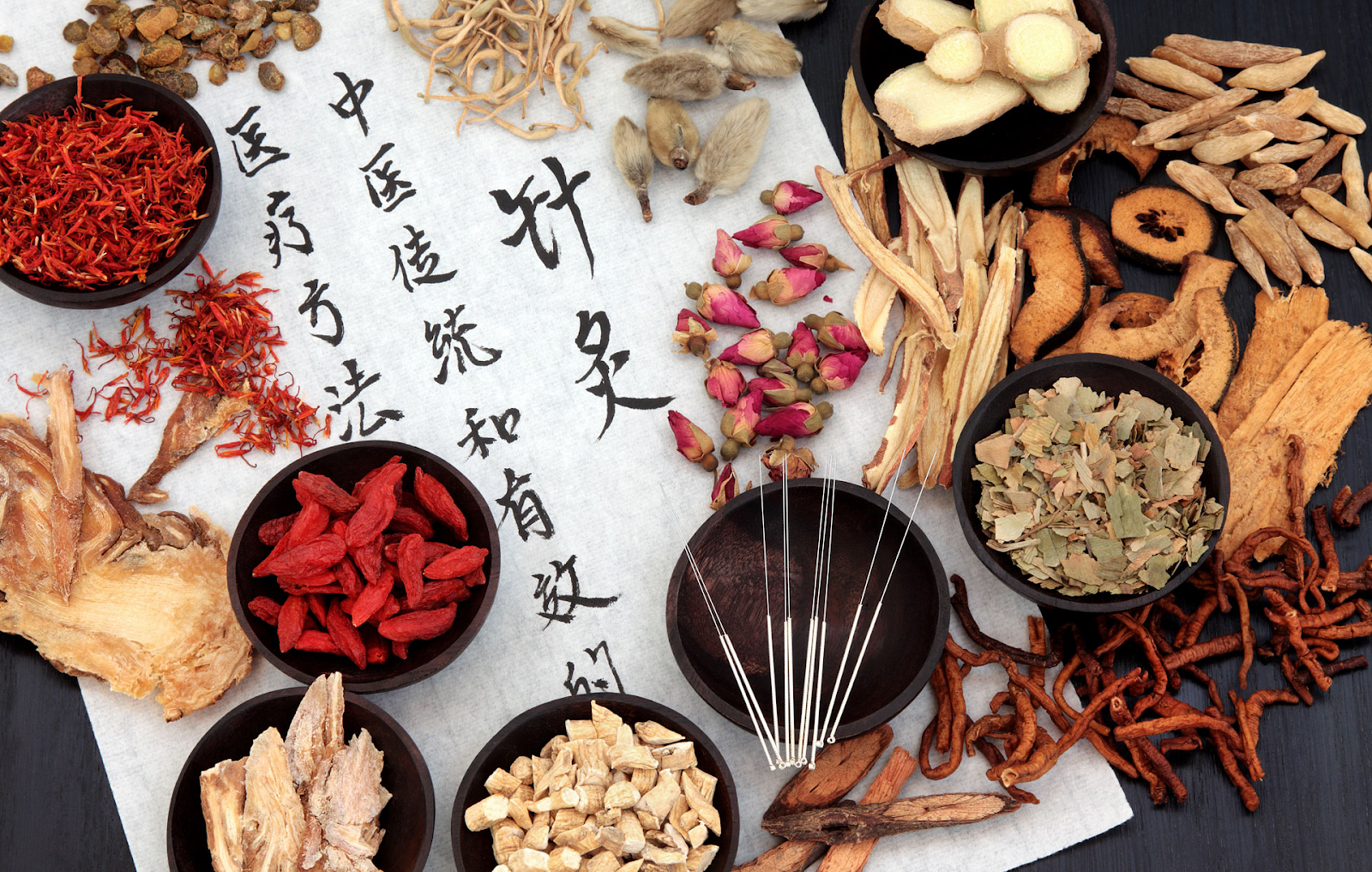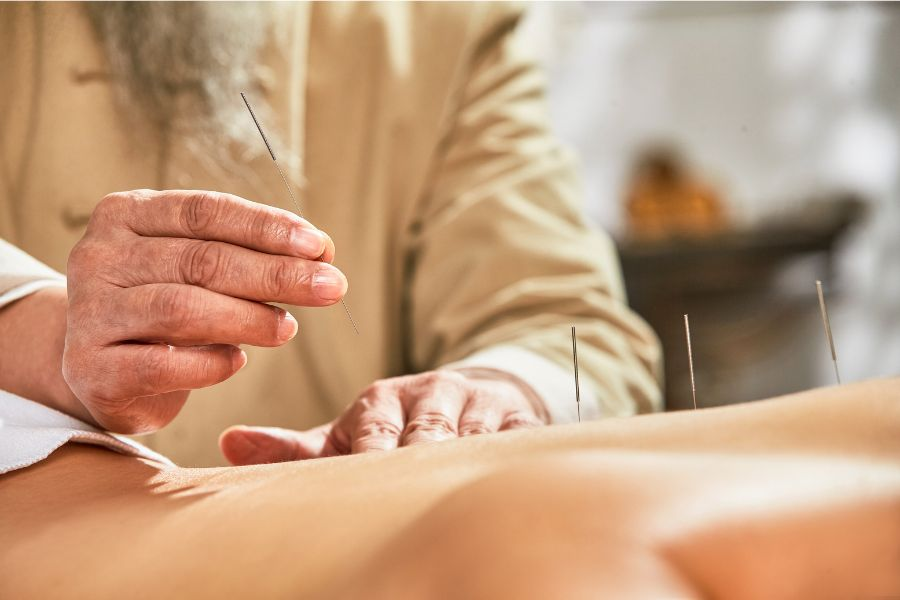Discover Your Perfect Healer Today!
Our online practitioner directory connects you with a wide range of healers to suit your unique needs.
Easily search and find the right professional to support your wellness journey.
Start exploring today to find your perfect match.
Modality
Disease
Books
Products
Events
Training
Blogs
Chinese Medicine
Famous Chinese Medicine: Exploring the Best
TCM or Traditional Chinese Medicine refers to a complete medical system that is based on ancient Chinese history which stresses the need for body balance ...
Read More → Written by
John Smith
Acupuncture
Choosing the Right Practitioner: How to Find a Qualified Acupuncture Professional
The roots of acupuncture lie in ancient Chinese medicine and it is now a popular remedy for various health conditions. However, an acupuncturist’s ability to ...
Read More → Written by
David Brown
Neurofeedback-Biofeedback
Key Principles and Techniques of Neurofeedback & Biofeedback
Neurofeedback and biofeedback treatments are a class of therapies that aim at achieving voluntary control of some bodily functions without employing invasive techniques. The distinction ...
Read More → Written by
James Williams
Occupational Therapist
Unlocking Occupational Therapy’s Full Potential: Expert Tips
Occupational therapy is the process of gaining independence in daily activities, with an improvement in both physical, emotional, and cognitive functions. Occupational therapy guides patients ...
Read More → Written by
James Williams




